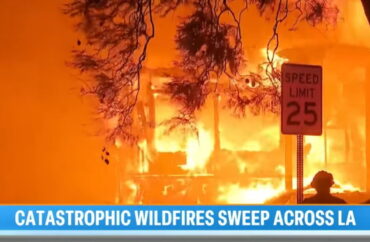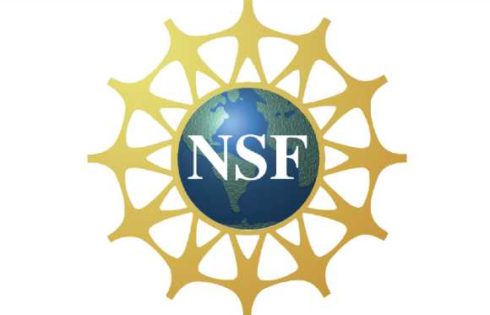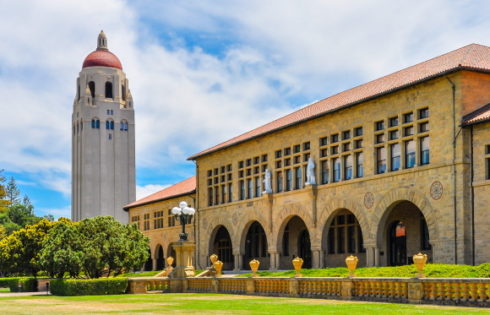
Remember Patrick Brown? He’s the scientist who overemphasized climate change’s role in wildfires to help get his paper published in Nature.
Brown admitted as much. He was a whistleblower, who sounded the alarm on the nation’s top science journals for what he contends is their bias for preferring papers that support the narrative that human activity is the primary cause of extreme climate change while ignoring other factors.
His paper, “Climate warming increases extreme daily wildfire growth risk in California,” was trumpeted by mainstream media outlets.
But to get published, Brown wrote in the Free Press at the time in Sept. 2023, researchers must produce findings “that the effects of climate change are both pervasive and catastrophic and that the primary way to deal with them is not by employing practical adaptation measures like stronger, more resilient infrastructure, better zoning and building codes … or in the case of wildfires, better forest management or undergrounding power lines—but through policies like the Inflation Reduction Act, aimed at reducing greenhouse gas emissions.”
Brown, co-director of the Climate and Energy Team at the Breakthrough Institute and an adjunct faculty member in the Energy Policy and Climate Program at Johns Hopkins University, offered a dose of common sense as he recently weighed in on the wildfires that have ravaged Los Angeles this past week.
Writing in City Journal on Jan. 9 Brown pointed out that certainly “well-resourced firefighting (personal as well as air and ground equipment), as well as high-quality fire-weather forecasting, are critical to slowing down and ultimately containing fires like these.”
But, he added in his Jan. 9 piece:
Devastating events prompt people to search for villains, but reality is more complicated. Climate change may be making fires more dangerous, but it isn’t meaningfully affecting California’s high winds and drought. In any case, the effects of global emissions reductions on fire activity are indirect and will not be realized in the short term. While fire suppression and reducing flammable material are unlikely to be as important in Southern California’s brush landscapes as they would in Northern California’s forests, vegetation reduction would still appreciably reduce fire danger in these landscapes.
We live on a planet that is often hostile to our well-being no matter what we do. Southern California has been fire-prone throughout human history, and it will continue to be. Devastation from natural disasters cannot be completely avoided, and we are often left with partial measures that can only reduce risk, not eliminate it.
MORE: Scientist says he left out ‘full truth’ to get climate change paper published
IMAGE: NBC News / YouTube screenshot
Like The College Fix on Facebook / Follow us on Twitter







Please join the conversation about our stories on Facebook, Twitter, Instagram, Reddit, MeWe, Rumble, Gab, Minds and Gettr.